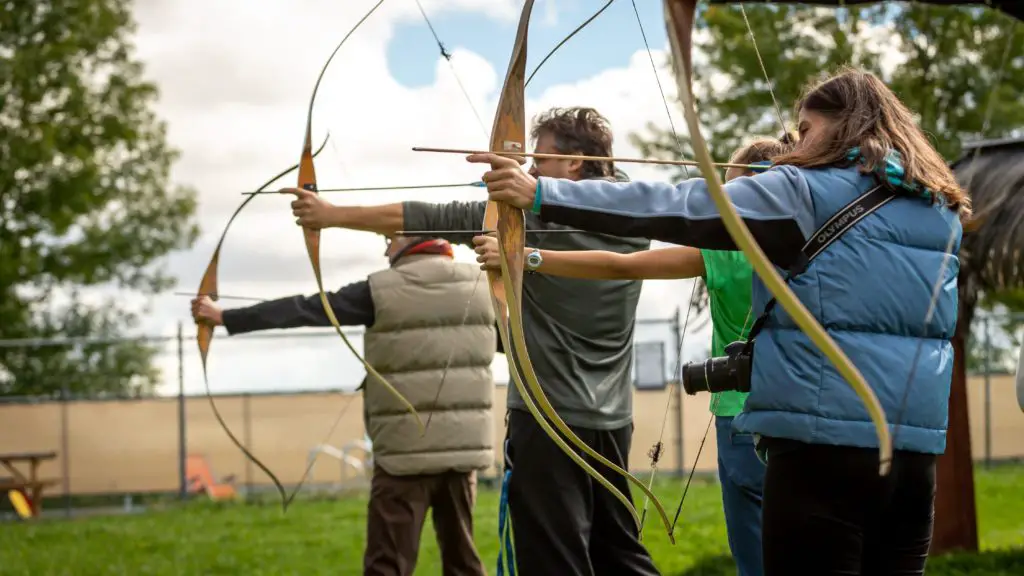Throughout high school, college guidance counselors and teachers encourage students to enroll in extracurricular activities and sign up for various events to become a well-rounded student but is it good to become one?
Being a well-rounded student in high school is admirable because that means that the student can juggle academics and out-of-classroom activities. In addition, it is extremely beneficial because it improves one’s prospects for higher education.
Every high schooler has participated in a school event, volunteered for a social cause, or enrolled in a school club to show a diversity of interests during their stint in high school. Students justify their extracurricular participation with the statement, “It’ll look good on my college applications,” when they join sports teams, science fairs, and other school events, even if they don’t enjoy the activity, to fit into the well-rounded category.
When applying for colleges, the application process is arduous and harrowing, and most college applications require the students to explain academic and extracurricular achievements. Certain college applications have an entire section dedicated to understanding the student’s activities and why. The more holistic and vibrant the college application looks, the higher the chances are of getting accepted. However, the college application cannot have a smattering of activities with no reason or purpose because that appears unorganized and could hurt the student’s chances of getting accepted.

A Picture Perfect Student
Simply put, being ‘well-rounded’ means that students focus not only on the erudite aspects of school but also on extracurricular activities to portray a diverse skill set. It doesn’t just mean that high school seniors need to participate in numerous activities, but they should be good at the extracurriculars they invest themselves in. However, that doesn’t mean that to be well-rounded, a student has to get straight As, be a quarterback, play the violin, participate in spelling bees, be on the student council, and volunteer at dog shelters on the weekends. It would be misguided to enroll in so many activities that they have too much on their plates. Instead, a student can just choose a few non-scholastic activities that interest them and then try to improve their skills while also keeping a consistent (but not necessarily high) GPA. It indicates that they are responsible enough to choose a small number of things to invest themselves into and shows hindsight on the student’s part. It’s always about quality over quantity.
Tiers of Extracurricular Activities
Students need exposure to a well-rounded education that includes the arts, humanities, sciences, math, and other subjects. Unfortunately, there are too many options to choose from for extracurriculars. Instead, students should choose a selected few that a student is truly passionate about and go all-in. To help students decide, they can be thought of as tiers based on importance.
Tier 4 activities are extracurriculars where the student only participated and did not hold a leadership role, such as being part of a band or student-led club. Tier 3 activities are still limited to participation and a slightly more prominent role but involve more effort and dedication than Tier 4 activities. Students should focus on Tier 1 and Tier 2 activities to get noticed. Tier 2 activities involve extracurricular accomplishments that they have achieved, like being student body president or raising $25,000 for Habitat for Humanity. Just a couple of these activities are more than likely to impress the college admissions committee, but Tier 1 activities take the cake. They are activities where the student has achieved excellence and has shown truly extraordinary performance, like winning a state championship or getting into an exclusive summer program. These achievements bolster your chances of getting accepted at your dream university.
The Curveball
In universities with low acceptance rates, the qualified applicant pool has significantly broadened, and almost all students are considered ‘well-rounded,’ so the competition is extremely high. Recently, college admissions teams have scrutinized the incoming pool of applicants more closely when deciding who to accept as a prospective student. As a result, they are more specifically looking for a ‘T-shaped student.’ A T-shaped student is involved in a variety of activities that align with their passions (the horizontal in the T) and detailed, in-depth knowledge in their specific area of interest or prospective career (the vertical in the T). This ensures that the applicant is knowledgeable in their field of study and possesses the ability to work across various subject areas with ease and confidence.
The Takeaway
It is always a good idea to be a well-rounded student because it provides the student with an opportunity to show prospective universities how responsible and balanced they can be and put in time and passion into activities that they enjoy. While students should focus on being well-rounded, it would be prudent to look at various activities and academic events to support their prospective career paths and choose complementary activities that tie in with those interests. It would help portray a more dynamic but focused sphere of interests and indicate that the student is well-rounded and ‘T-shaped,’ which will set them apart from the incoming applicants.
Frequently Asked Questions
How many non-scholastic activities should I do to be ‘well-rounded’?
Students can invest themselves in as many activities as they like. However, doing too many activities could be too much to handle and prove problematic. So instead, two or three Tier 1 or 2 activities can be included in the college applications.
How do I know what activities to choose?
There are so many options to choose from. Still, when making a decision, it is wise to do prior research on the prospective universities to look at the various extracurriculars they give importance to. It will help guide the student to choose activities that supplement the college application and personal interests.
